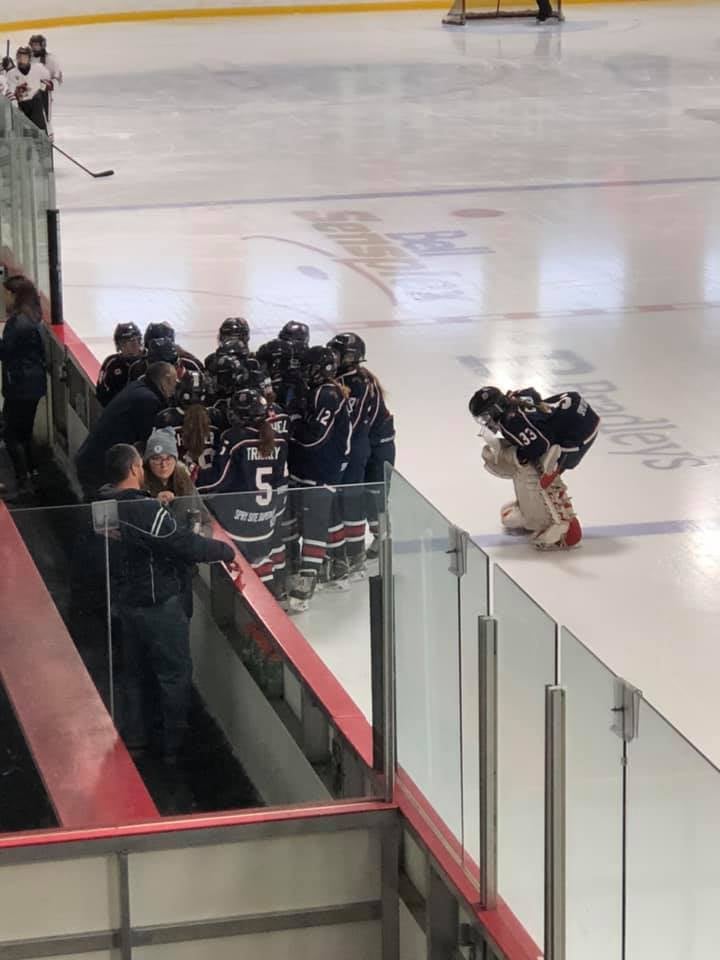I had a great hockey conversation today about something I call “transferable skills” or skills that continue to bear fruit as the player progresses in age category and/or skill category (B to A to AA and beyond).
Make no mistake, everyone needs to work on skating, puck handling, shooting and the like, but is the skill being taught in a way that will benefit the player in the long term? In many cases the instructors are pressed to provide immediate improvements or short-term lightning bolts that will impress parents instantly.
The parents are pressed to find immediate results because without them their child won’t make the team. It’s a vicious circle.
It takes a confident, educated instructor and a patient, supportive parent group to break out of “what works now” and instead opt for true long-term development.
A player who is never taught how to be in a proper supportive position on the ice has no hope of ever playing hockey at a high level, no matter how fast they skate or how hard they shoot. This is why so many players who put up big numbers in the OHL never make it in the NHL. They understand the game from a singular, offensive position. Being able to find the position that is offensive, while at the same time defensively responsible is the transferable skill that they never developed.
There are dozens (probably hundreds) of these skills. The more a player has in their toolbox the more readily they can jump from level to level.
Coaches, I implore you, learn the correct techniques and put winning on the back-burner. Teach the game the way your charges will need to understand it when they move to the next level and not the way that wins you games at Novice.
Parents, give your coaches a chance to teach in the long-term.
Most importantly, players… when you are being taught, always ask “why”. Why are we doing it this way? Why do I move my hands that way? Why do I crossover? Why… why… why…
If you understand the “why”, you will know if it is something that will help you in the long-term. Don’t be upset if the instructor wants to explain it after you leave the ice. Ice time is expensive.
It’s easy to make players good or even great in the short term. It’s incredibly challenging to coax them through a long term program where they don’t see immediate results, but in this case, good things most certainly come to those who wait.
If you have questions, ask, PM, email. My door is always open.
John


